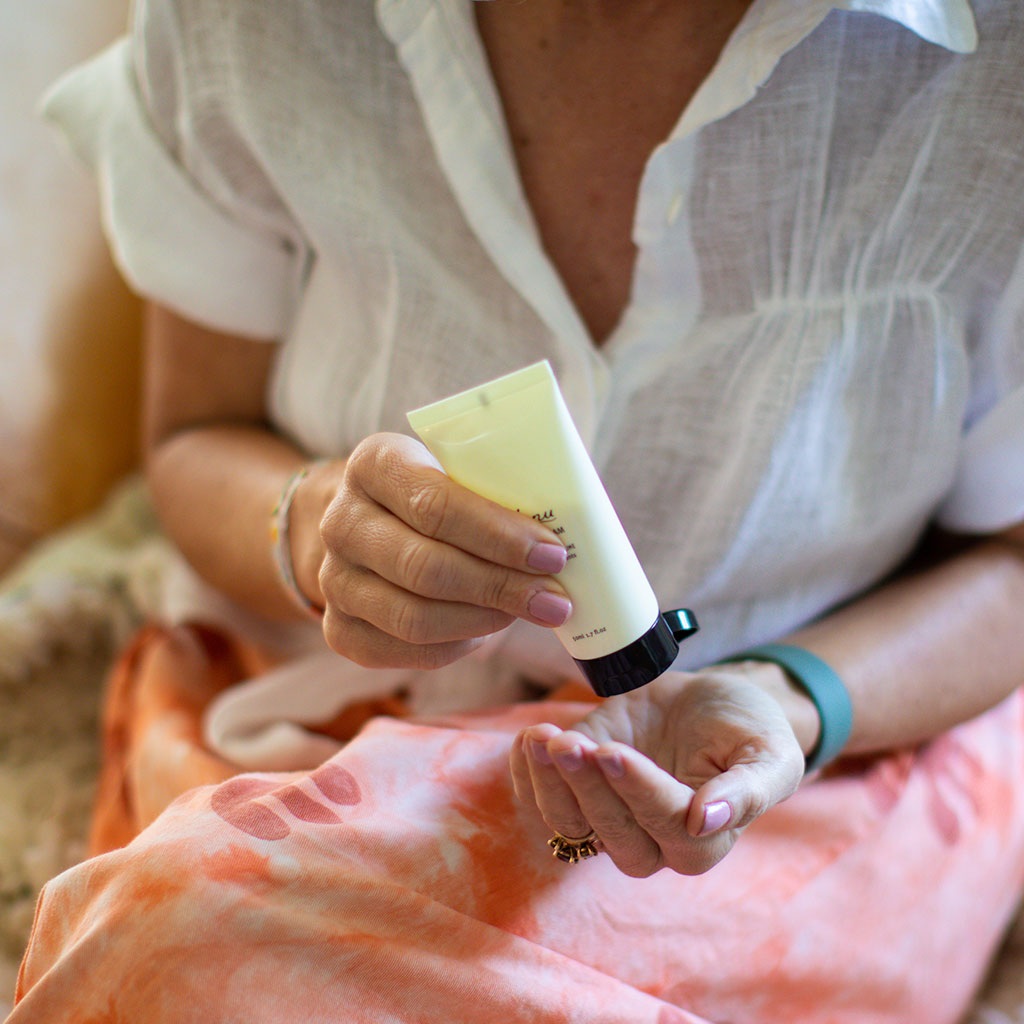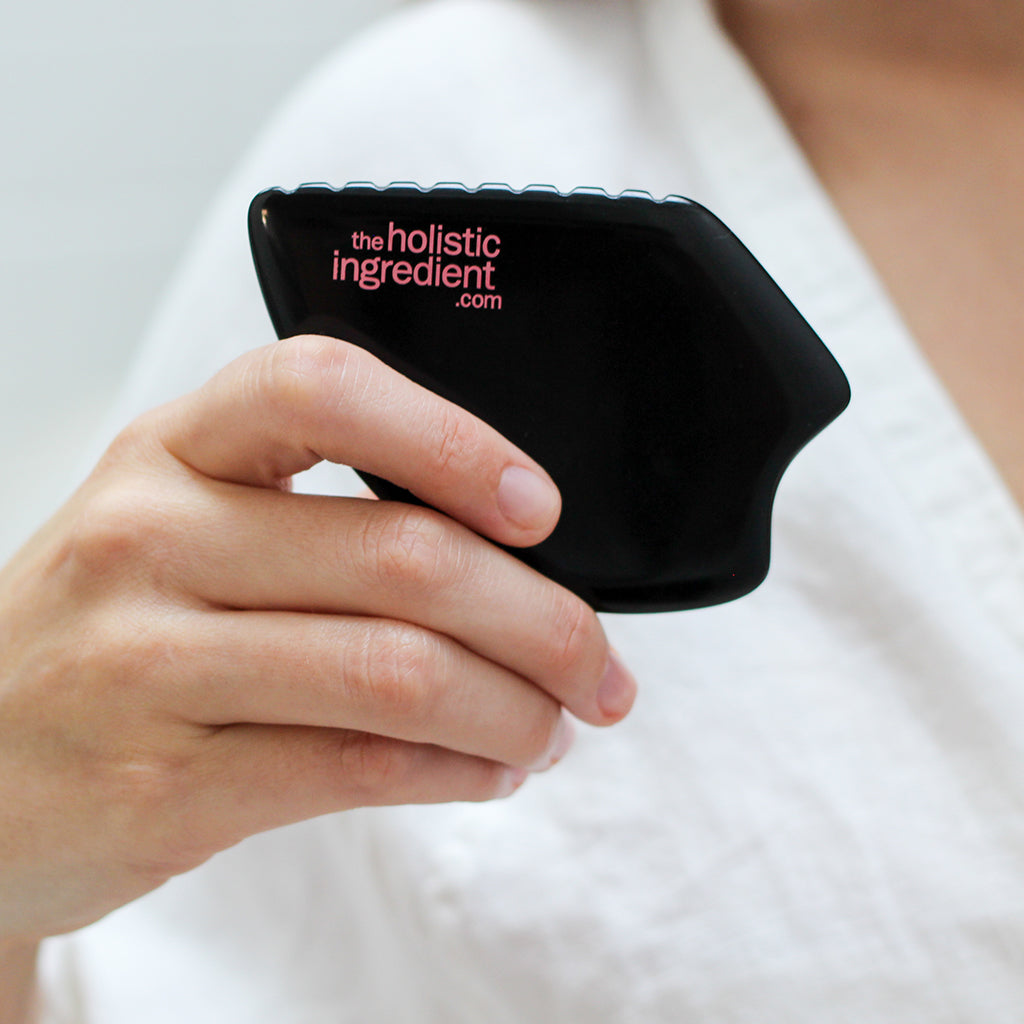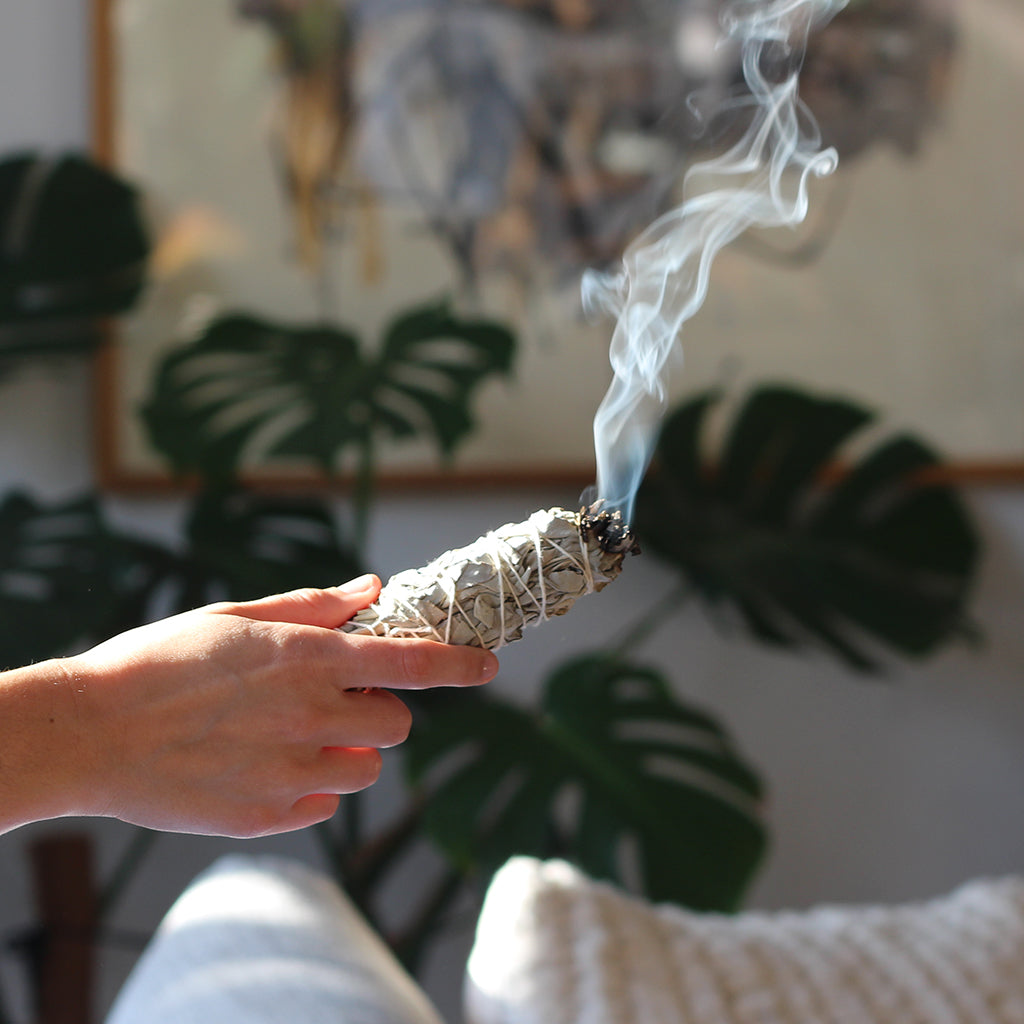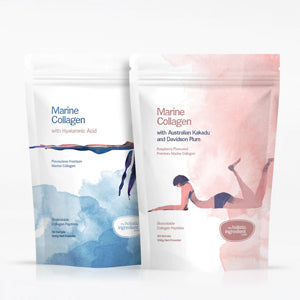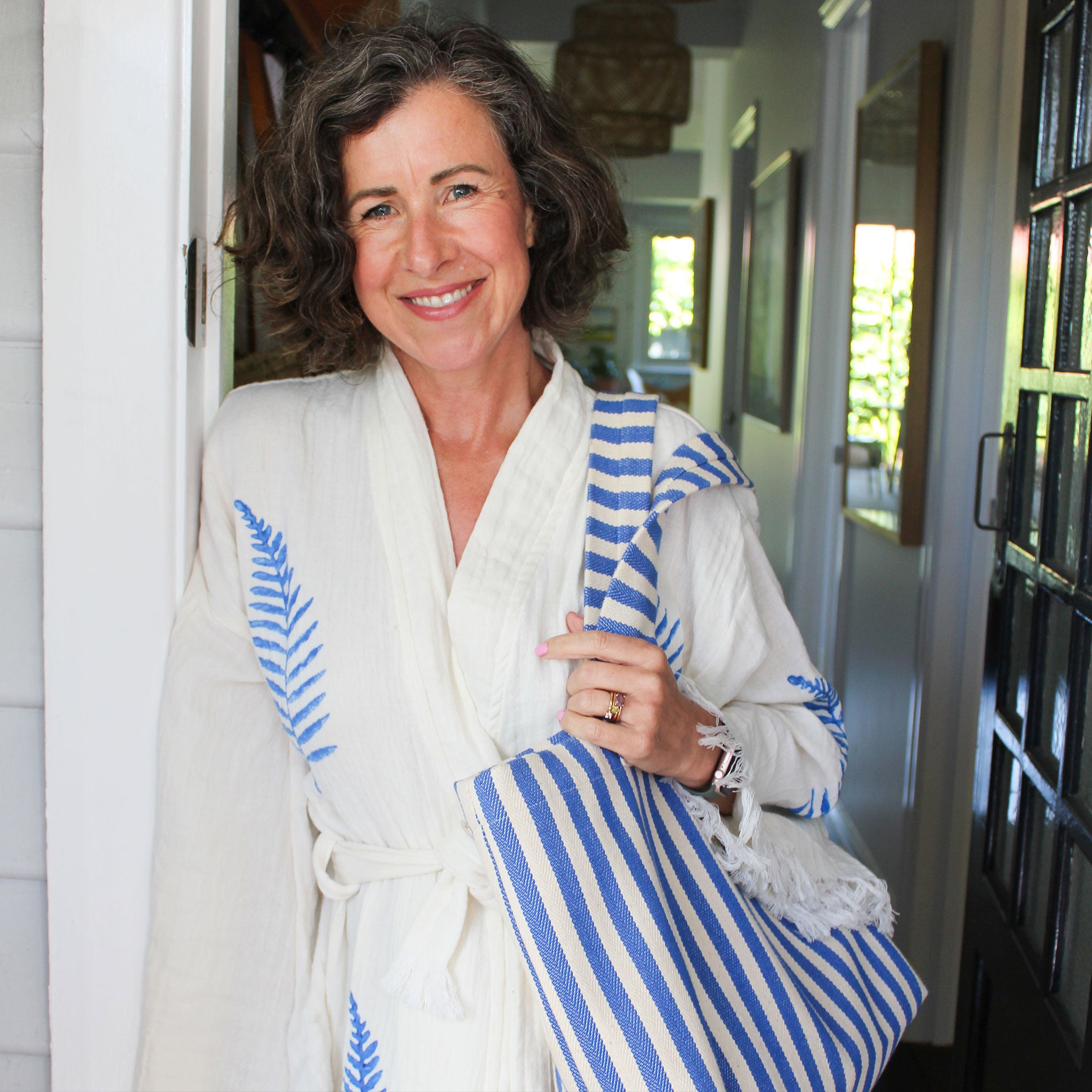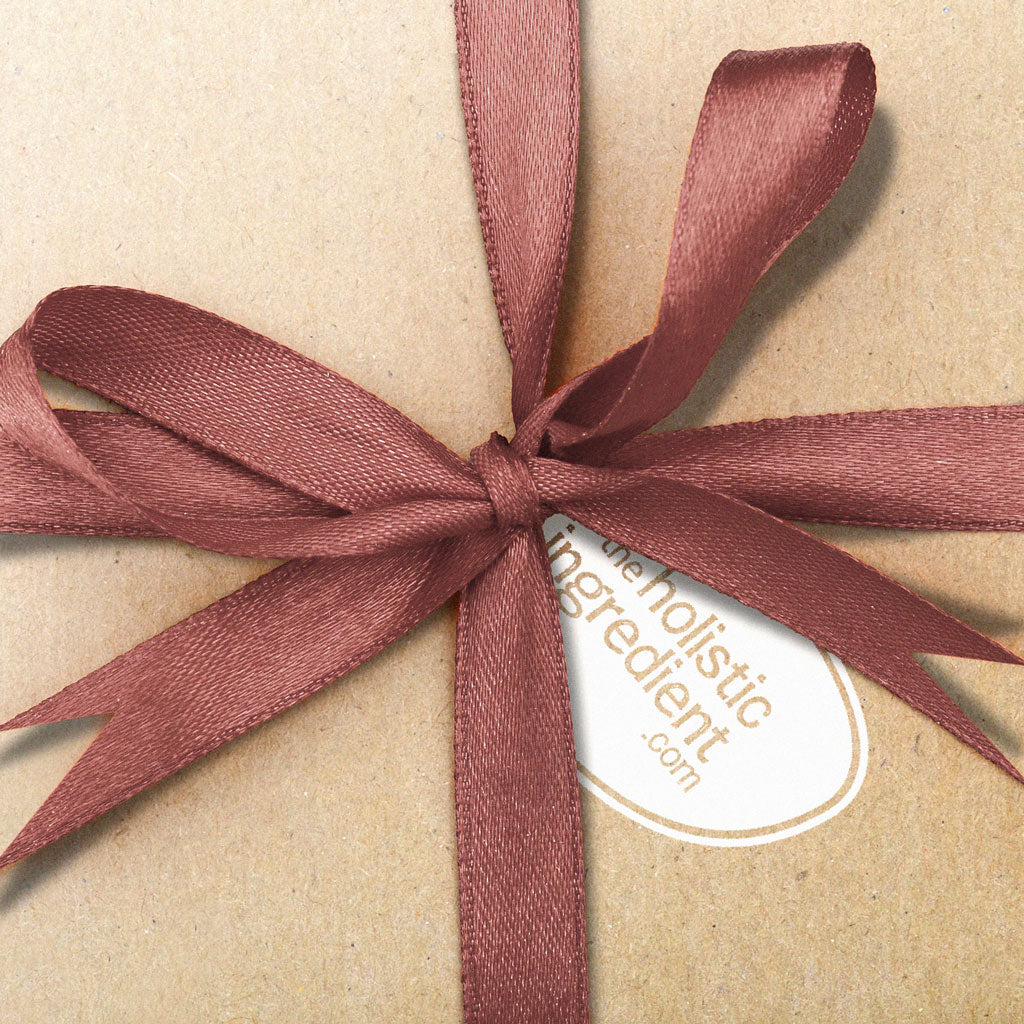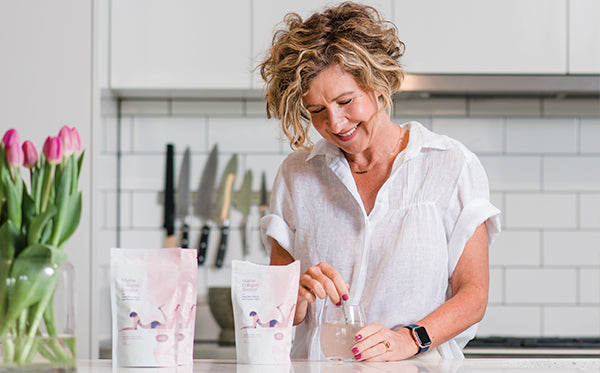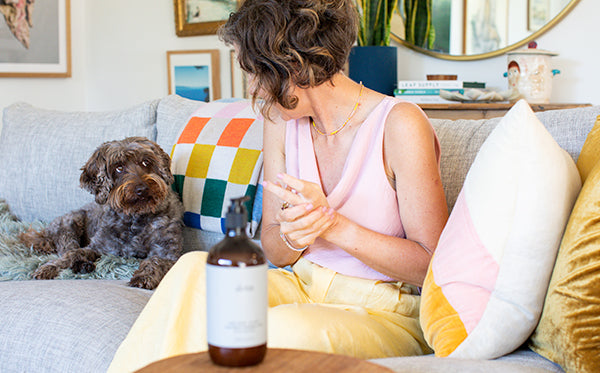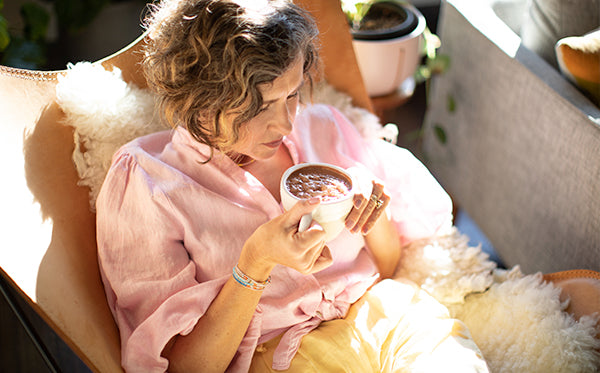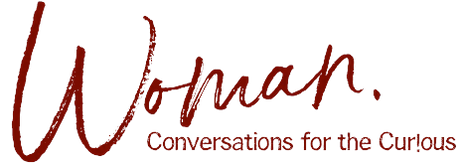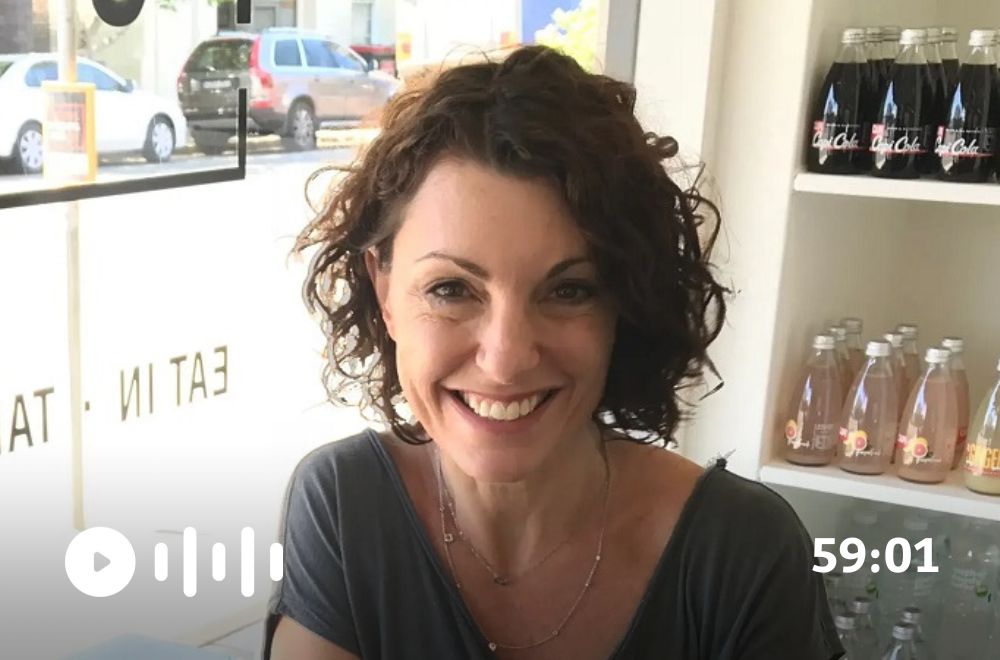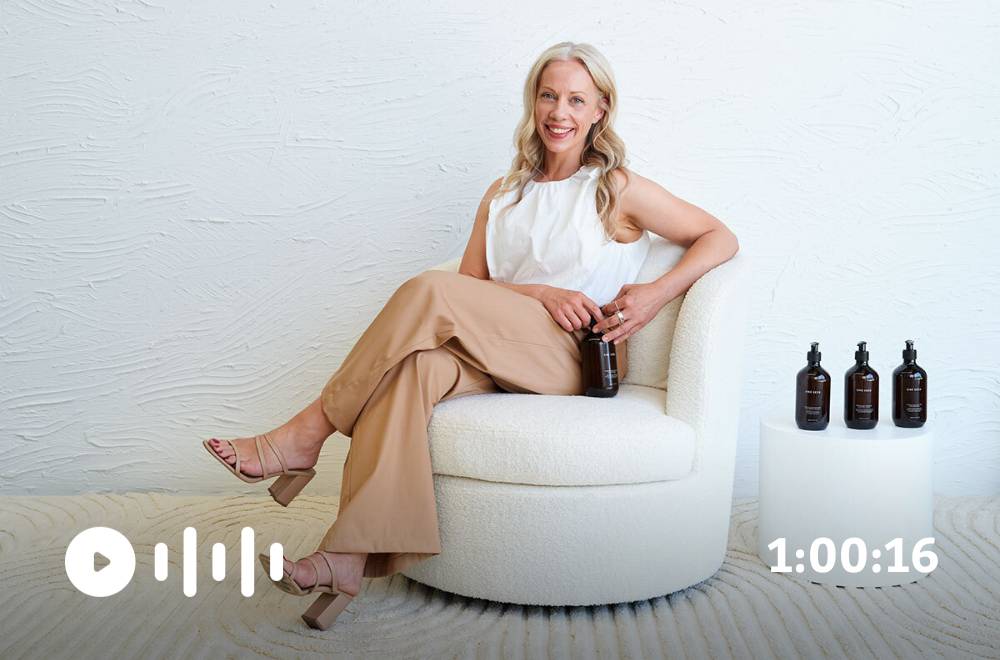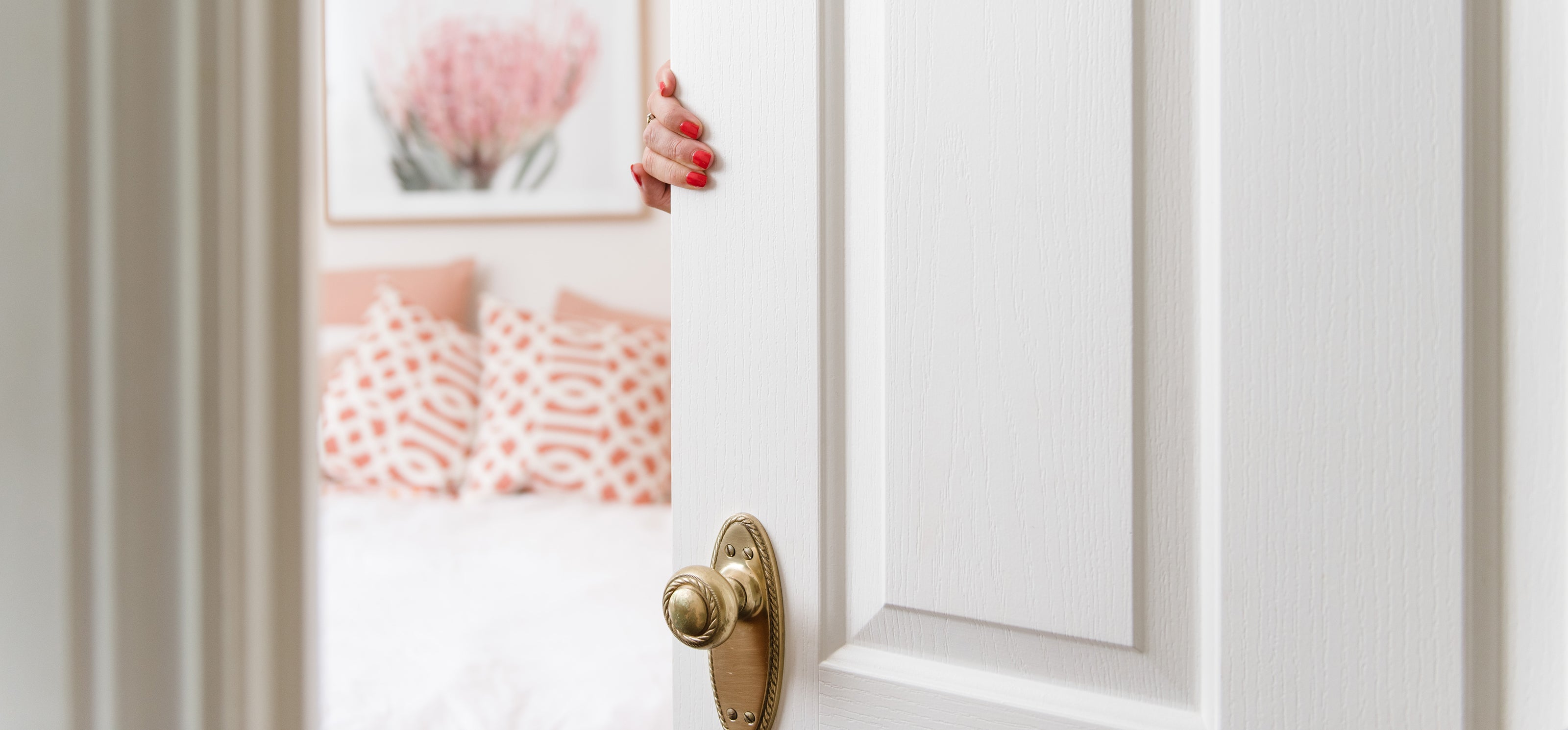
Melissa Hobbs is a qualified naturopath I connected with via Instagram following a post on hair loss. I have long curly hair that I shampoo and condition only twice a week. After running my fingers through, I had quite a substantial amount of hair in my hand. I decided to ask my Instagram community and have been inundated with responses. I simply asked if this was a ‘normal’ amount. A lot of people told me it was normal and a number said No, it wasn't. I’m so excited Mel is here to explore this issue.
Listen to the full episode on Apple Podcasts, Spotify, Google Podcast and more.
Broadcast: June 11, 2021
Duration: 29:14
Here is a snippit of our conversation…
What causes hair loss anyway?
Amy: I thought I'd start by asking you Mel, from your understanding, what might be some of the most common reasons we lose hair in the first place?
Mel: So there are a lot of reasons. They can vary from nutrition, nutrient deficiencies or excesses - which is one that people probably don't think of - stress or hormonal changes and genetic factors. Certain health conditions can be prone to either causing hair loss because they promote certain nutrient deficiencies or they in themselves have a symptom of hair loss. Or it could be the side effect of some medication.
Thinning, patchiness or ‘normal’ hair loss…
Amy: So probably the first question I should be asking if someone such as myself is losing hair and feels nervous about that, where should I start in terms of getting that assessed and continuing to ensure that I have healthy, lustrous hair?
Mel: It does cause so much distress for people and that's why they're out there spending hundreds of dollars on supplements trying to fix it. I think it's important to understand what is normal with hair loss as well. The roundabout ballpark figure of 50 to 100 hairs per day is considered normal. And then when you think about it, you've got up to 150,000 hairs on your head… so that's why when I reached out to you I said if this is more than normal for you, because only you will know what's been your consistent kind of level of normal. And then looking at whether it is actually causing thinning or if there is patchy hair loss. And then taking that symptom picture and going and seeing your GP or your health professional and looking at what those underlying drivers might be. So there might be things like iron deficiency that's been left untreated. So you could be taking nutrients but swimming up the stream without a paddle, trying to get somewhere with the wrong nutrients, when it’s the iron deficiency that's the main cause. And that can be a really common cause, particularly for women of menstruating age - heavy menstrual bleeding is the most common cause of that.
Stress can have an impact.
Amy: Somebody did point out that stress-related hair loss can often come about three months after a stressful event?
Mel: So your hair life cycle starts in the growth phase, which is known as the anagen phase, and your hair will usually grow for between two to six years. That does vary based on your genetics, ethnic background and things like that. So your hair is sitting in that growth phase and usually you've got about 85% of your hair follicles in that growth phase. When it comes to the end of its growth phase, it moves into the second stage, which is the catagen phase. So that can last for a few days to a couple of weeks, and your hair is then moving into the telogen phase where it's sitting in a sort of dormant state, where your hair is still stuck in the follicle, but it's not actively growing anymore. So it sits in that phase and if something disrupts your hair growth in the first growing phase, and moves a fair proportion of it into the telogen phase it will then sit there for three months and you'll see an excessive amount falling out after that three months. So you'll see more loss if there's been something disrupted in the first and the second phase.
Amy: Interesting, so for those of us who were in Melbourne last year and right now, living through extensive and ongoing lockdowns as an example, experiencing hair loss this year wouldn't be that odd, as a result of extensive stress?
Mel: Yeah, that can become a chronic issue as well. If it goes on for more than six months and you can just see this chronically increasing. And so you'd just see quite a bit of hair thinning as a result of that. But yeah, there's a lot of triggers that can do it. So it can be things like the stress. Also if you're going through a period of restrictive dieting where you're having a significantly lower amount of calories or extreme weight loss in a rapid period, certain medications or a fever where you've got a high temperature… Anything that's kind of a shock to your system that says, ‘Hey, we either can't continue to grow your hair out now because we don't have what we need to do it or something stressed the body so much, that hair growth is no longer a priority right now.’
Then there’s collagen powder…
Amy: Mel, I’d love to ask you, what are your thoughts about collagen powder?
Mel: I used to be such a sceptic and then I tried it and it actually worked for me and I wasn't even trying to use it for hair. You need to have realistic expectations. I was having digestive issues at the time and I knew that my protein intake and absorption wasn't great. If you’re using it for hair, skin and nails using a marine based collagen, or if you're getting a bovine based collagen, you can get specific hydrolysed peptide types. And there's one that's sort of proprietary, and that one is targeting hair, skin and nails as well. I've done both of those and seen the results through both.
Amy: Can I ask what difference you have noticed using collagen?
Mel: I was using it out of curiosity because I was having some knee trouble and I was wanting to support skiing. And as you know, I'm heading towards 40 and I wanted to reduce fine lines and wrinkles. And I did notice benefits in reduced wrinkling when I'd wake up in the morning, like your face can get quite creased overnight. And it definitely improved skin texture and tone. Then I noticed it in my ponytail. So you've got to remember with hair growth, it's coming from the root… So what you're doing now will show you through the first couple of centimetres in the next two months. So I use my ponytail as a better guide of what's going on from the root growth of my hair.
Healthy, glossy hair comes with the right diet.
Amy: Another question that I had on behalf of those who simply want healthy hair, what might they include in their diet?
Mel: If there's some deficiency of some nutrients or things like protein, you'll start to see thinning, dry, brittle hair or hair loss. So if you're worried about dryness and brittleness, you might be looking at protein, looking at iron, looking at zinc. Vitamin D can also lead to those issues. Some of the foods that I would look at would support your thyroid hormone pathways too. So some good combinations of food that I like - things like eggs, salmon and sunflower seeds will give you that combination of protein and biotin. So assuming you're absorbing those nutrients and foods, having eggs and salmon for breakfast one day, or having sunflower seeds and a mix of nuts and seeds and berries on your oats to give you some silica, and sunflower seeds for that source of protein and biotin, then you're getting your B vitamins. If you add berries for antioxidants, you're creating a well-balanced macronutrient balanced meal and then focusing on some of those nutrients as well. Superfoods like eggs are brilliant.
Amy: So a number of listeners are likely vegan. What would you consider a quality protein source in that instance?
Mel: That’s a common question as well. So protein for vegans, we'd be looking at things like soy-based products like tofu and tempeh. You can also look at your nuts and seeds, legumes and beans. Chickpeas, split peas, all types of beans, kidney beans, that sort of thing. And obviously combining some of those foods works better to give you that complete amino acid profile.
Amy: Mel, thank you so much for your wisdom. For those listeners who are looking for further support, how can they find you?
Mel: I'm on Instagram @humble_naturopathics. And you'll find me under the same name on Facebook and all my booking links are there.


